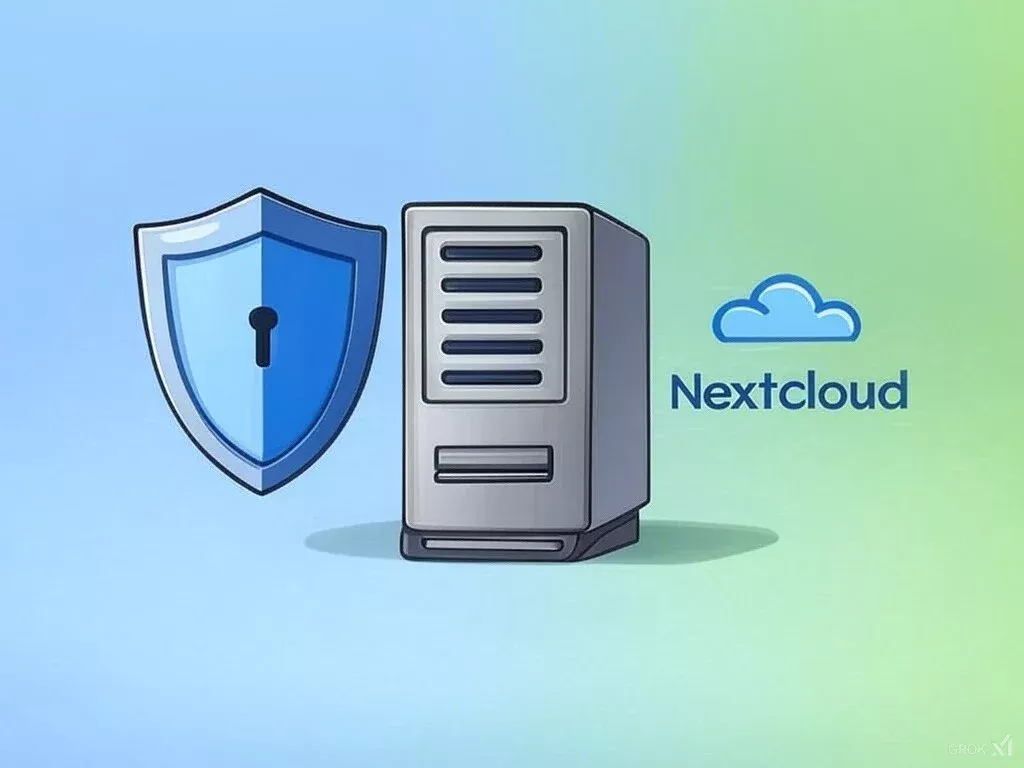
Which Web Hosting Type Is Best for Small Businesses?
If you’re a small business owner building your online presence, the question of web hosting can feel overwhelming. Your choice of hosting directly impacts your website’s speed, reliability, and scalability—and ultimately, your customers’ experience.
The truth is, not all hosting types are created equal, and what works for a massive eCommerce website may not suit a small local business. That’s why it’s crucial to understand the different hosting options and what they mean for your business.
In this guide, we’ll break it down for you: what each hosting type offers, the pros and cons, and how to pick the best solution for your needs.
Why Web Hosting Matters for Small Businesses
Your web hosting is the foundation of your online business. It determines:
- How fast your website loads: Customers expect a website to load in under 3 seconds. Anything slower can cost you leads.
- How reliable your site is: Frequent downtime damages customer trust and loses you revenue.
- How secure your data is: From customer information to transactions, your hosting should be robust enough to fend off cyber threats.
- How scalable your website can be: Your hosting should support your business as it grows.
Choosing the right hosting isn't just about technology—it's about ensuring your business thrives online.
The 5 Main Types of Web Hosting
There’s no one-size-fits-all solution. Small businesses have specific needs, so let’s go over the major hosting options and what they bring to the table.
1. Shared Hosting: Budget-Friendly and Simple
With shared hosting, your website shares a server (and its resources) with other websites. Think of it as renting an apartment in a big building: affordable, but you share the utilities.
Why it works for small businesses:
- Extremely affordable, with plans starting as low as $5/month.
- User-friendly for beginners, with minimal setup or maintenance required.
- Most providers offer handy features like one-click WordPress installations.
The downside:
- Shared resources mean slower performance during traffic spikes.
- Limited flexibility if your business grows quickly.
- Security risks if neighboring websites are compromised.
Best for: Startups, hobby websites, or businesses with low web traffic.
2. VPS Hosting: A Step Up in Power and Flexibility
Virtual Private Servers (VPS) give your site its own portion of server resources. It’s like living in a condo—more space and privacy compared to shared hosting.
Why it works for small businesses:
- Dedicated resources mean faster performance.
- Greater control over server settings and configurations.
- Scalable plans let you upgrade as your website grows.
The downside:
- More expensive, starting around $20/month.
- Requires technical knowledge for setup and management.
Best for: Businesses that expect moderate traffic or need custom setups, like eCommerce stores or service-based businesses.
3. Dedicated Hosting: Maximum Power, Maximum Cost
Dedicated hosting gives you an entire server for your website. This is like owning your own home—no sharing, no compromises.
Why it works for small businesses:
- Total control over server performance and configurations.
- Unparalleled reliability and speed for high-traffic websites.
- Enhanced security, perfect for handling sensitive customer data.
The downside:
- High costs, typically starting at $80/month and climbing steeply.
- Requires advanced technical skills or hiring a system administrator.
Best for: Larger small businesses, online stores with heavy traffic, or businesses handling sensitive transactions.
4. Cloud Hosting: Scalable and Modern
Cloud hosting uses a network of servers to ensure maximum uptime and flexibility. Imagine having an entire neighborhood of homes you can move into whenever you need more space.
Why it works for small businesses:
- Scalability lets you handle sudden traffic spikes without a hitch.
- Redundant servers minimize the risk of downtime.
- Pay-as-you-go pricing can help control costs.
The downside:
- Costs can quickly add up, especially during high-traffic periods.
- Requires some technical understanding to configure properly.
Best for: Growing businesses, seasonal operations, or websites with unpredictable traffic patterns.
5. Managed Hosting: Hands-Off and Stress-Free
Managed hosting takes all the technical work off your plate. Your hosting provider handles server management, updates, backups, and security.
Why it works for small businesses:
- Hassle-free, especially for non-technical users.
- Optimized performance for platforms like WordPress.
- Expert support ensures your site runs smoothly.
The downside:
- Higher cost compared to unmanaged hosting.
- Limited flexibility for businesses with custom needs.
Best for: Busy small business owners who want peace of mind and reliable performance.
Which Hosting Type Matches Your Needs?
Every business has unique hosting requirements. Let’s map hosting types to common small business scenarios:
- On a tight budget? Shared hosting is the most affordable entry point.
- Expecting growth? VPS hosting provides scalable resources at reasonable prices.
- Running a high-traffic eCommerce store? Dedicated hosting ensures your site stays fast and secure.
- Dealing with fluctuating traffic? Cloud hosting is the most adaptable option.
- Not tech-savvy? Managed hosting gives you a worry-free solution.
Key Factors to Consider When Choosing Hosting
When selecting hosting, keep these priorities in mind:
- Budget: Affordable options like shared hosting work for startups, but consider VPS or cloud hosting as you grow.
- Performance: Look for high uptime guarantees and resource allocation for smooth operation.
- Security: Ensure your hosting includes features like SSL certificates, firewalls, and backups.
- Scalability: Opt for VPS or cloud hosting if you anticipate growth.
- Ease of Use: Managed hosting is perfect if you’re not tech-savvy or lack IT resources.
Conclusion: The Right Hosting for Your Small Business
The “best” web hosting type depends on your current needs and future plans:
- If you’re just starting out and cost is a concern, shared hosting is a smart choice.
- If your business is growing or needs better performance, VPS hosting strikes a balance.
- For ultimate performance and control, dedicated hosting is unbeatable.
- If your traffic fluctuates or you need seamless scalability, go with cloud hosting.
- And if you’d rather focus on running your business than managing a server, managed hosting is the way to go.
Choose a hosting provider that aligns with your goals, offers excellent support, and scales with your business. Your website deserves a strong foundation to support your growth.







